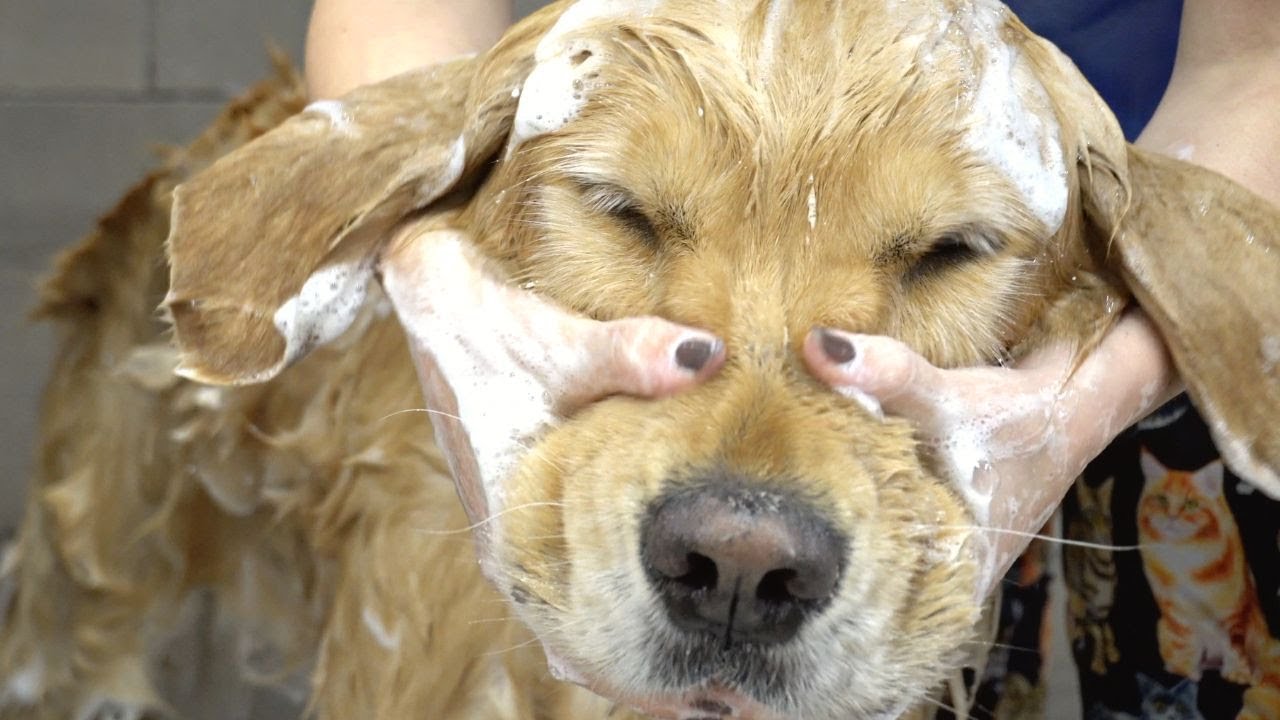Golden Retrievers are known for their friendly and gentle nature, making them one of the most popular dog breeds in the world. However, like all pets, they can experience health emergencies that require prompt attention. In this article, we will discuss common health emergencies that Golden Retrievers may face, what to do in these situations, and when to seek veterinary help.
Common Health Emergencies in Golden Retrievers
Golden Retrievers are prone to certain health conditions that may require emergency care. Some of the most common health emergencies in Golden Retrievers include:
- Heat stroke: Golden Retrievers have thick coats and can easily overheat, especially in hot weather. Symptoms of heat stroke include excessive panting, drooling, and weakness.
- Choking: Golden Retrievers are known for their love of food and may accidentally inhale or choke on objects while eating. Symptoms of choking include coughing, gagging, and difficulty breathing.
- Poisoning: Golden Retrievers are curious pets and may ingest toxic substances such as plants, household cleaners, or medications. Symptoms of poisoning vary depending on the toxic substance ingested.
- Seizures: Golden Retrievers may experience seizures due to epilepsy, brain tumors, or other underlying health conditions. Symptoms of seizures include convulsions, loss of consciousness, and drooling.
- Injuries: Golden Retrievers are active dogs that may suffer from injuries such as cuts, wounds, or fractures. Symptoms of injuries include limping, bleeding, and swelling.
What to Do in a Health Emergency
If you suspect that your Golden Retriever is experiencing a health emergency, it is important to remain calm and take the following steps:
- Assess the situation: Determine the severity of the health emergency and whether immediate veterinary attention is required.
- Provide first aid: Administer basic first aid such as CPR, Heimlich maneuver for choking, or stopping bleeding with a clean cloth or bandage.
- Contact your veterinarian: Call your veterinarian or an emergency veterinary clinic for guidance on next steps.
- Transport your pet: If necessary, transport your Golden Retriever to the nearest veterinary clinic for further evaluation and treatment.
When to Seek Veterinary Help
It is important to seek veterinary help immediately if your Golden Retriever is experiencing any of the following symptoms:
- Difficulty breathing
- Loss of consciousness
- Severe bleeding
- Inability to urinate or defecate
- Severe pain or distress
These symptoms may indicate a life-threatening emergency that requires immediate veterinary intervention.
Conclusion
In conclusion, Golden Retrievers are lovable pets that may experience health emergencies from time to time. As a pet owner, it is important to be prepared for these situations and know what to do when they occur. By staying calm, providing first aid, and seeking veterinary help when necessary, you can help ensure the health and well-being of your Golden Retriever.
FAQs
Q: Can I give my Golden Retriever human medications in case of an emergency?
A: It is not recommended to give your Golden Retriever human medications without consulting a veterinarian first. Human medications can be toxic to dogs and may worsen their condition.
Q: What should I do if my Golden Retriever is choking?
A: If your Golden Retriever is choking, perform the Heimlich maneuver by applying firm pressure to the abdomen just below the ribcage. If the object is not dislodged, seek veterinary help immediately.
Q: How can I prevent health emergencies in my Golden Retriever?
A: To prevent health emergencies, ensure your Golden Retriever is up to date on vaccinations, maintain a healthy diet and exercise routine, and pet-proof your home to prevent accidents and poisoning.
References
1. American Kennel Club. “Golden Retriever.” https://www.akc.org/dog-breeds/golden-retriever/
2. PetMD. “Emergency Care for Dogs.” https://www.petmd.com/dog/emergency
Disclaimer
The information provided on goGoldenRetriever.com is for general informational purposes only and is not intended as medical advice. The content on this website is not intended to be a substitute for professional veterinary advice, diagnosis, or treatment. Always seek the advice of a qualified veterinarian or other qualified healthcare provider with any questions you may have regarding your Golden Retriever’s health or medical condition.
Learn more















